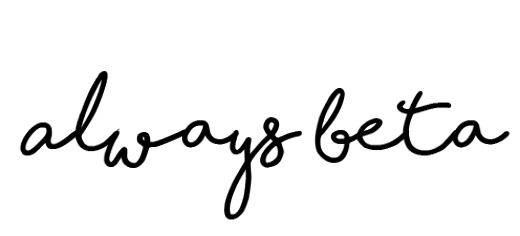Nr. 61.085
I.B.4 HAUPTSEMINAR (WEITERFÜHREND) AEW, Diplom: H1, H8, 18
Veranstalter: Torsten Meyer, Inst. 10
Raum: Erzw 504
Zeit: Mo, 14:15 – 15:45, Beginn: 23.10., Ende: 05.02.
Kommentar: Eine Pädagogik, die ohne Mittel und Mittler auskommt – un-mittel-bar sozusagen -, ist nicht denkbar. Und eine Bildungstheorie, die das Verhältnis von Subjekt und Gesellschaft ohne Berücksichtigung medientechnologischer Bedingtheiten zu beschreiben sucht, erscheint vor diesem Hintergrund lückenhaft. Seit von “Neuen” Medien, von “eLearning”, “Wissensmanagement” usw. die Rede ist, erst recht seit eine neue Generation von “Digital Natives” (Prensky) in Schulen und Hochschulen eingezogen ist, sind (neue) Medien zu einem “prioritären Thema” der Erziehungswissenschaft geworden. Vor diesem Hintergrund widmet sich das Seminar insbesondere den Phänomenen, die zurzeit unter dem Schlagwort “web 2.0” gefasst werden. Es wird gemeinsam geforscht zur Bedeutung von “social software” für den Erwerb, die Produktion und die Verteilung von Wissen, für das Selbst-Verständnis und die Selbst- und Weltverhältnisse im “Neuen Medium?”
Voraussetzungen: Auseinandersetzung mit pädagogischen Grundfragen und mit dem World-Wide-Web. – Scheinerwerb: durch Referat und schriftliche Ausarbeitung oder Projektarbeit, z.B. Konzeption von Learning Objects.

